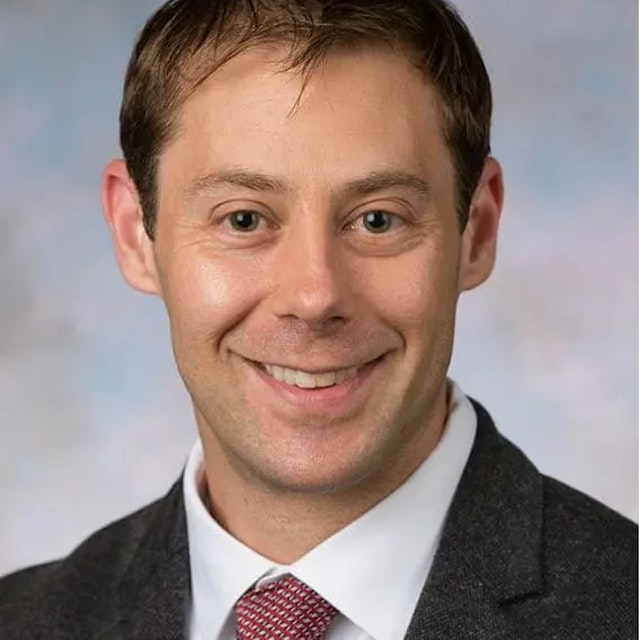Pediatric pharmacy is a specialized area of pharmacy that focuses on the medication management of children from birth to adolescence. Pediatric patients represent a very specialized patient population. They are not simply small adults. Neonates have different considerations than children, who also have different considerations than adolescents. Pediatric pharmacists must consider not only the patient’s unique situation but also that of the patient’s family.
Psychosocial considerations as well as dosage formulations will vary significantly based on age. A patient’s heart rate, blood pressure, and respiration (breathing) rate will vary based on age. Medications are based on weight and must be constantly adjusted to account for a patient’s growth and their maturing kidney and liver. A pediatric patient represents an ever-evolving challenge and requires keen attention to detail. Board certification in pediatric pharmacy signifies advanced knowledge and expertise in this field.
In this article, we will explore how a pharmacist can become board-certified in pediatric pharmacy, where pediatric pharmacists work, and what they do.
Becoming Board Certified in Pediatric Pharmacy
To become a board-certified pediatric pharmacist, pharmacists must first obtain a Doctor of Pharmacy (Pharm.D.) degree from an accredited college or university. After graduation, a student pursuing a pediatric pharmacist career must have a current and active license to practice pharmacy in the United States, have completed a minimum of four years of practice experience in pediatric pharmacy, or a general one-year pharmacy residency with two years of practice experience in a pediatric pharmacy, or a general one-year pharmacy residency with a second one-year pharmacy residency specializing in pediatric pharmacy. While graduation from a pharmacy residency program is not required, such a residency provides advanced training in managing pediatric patients, pediatric medication safety, and pediatric therapeutic practice management.
Pharmacists interested in pursuing board certification in pediatric pharmacy can gain valuable experience by working in a pediatric pharmacy setting, such as a children's hospital or pediatric clinic. They can also seek opportunities to work with pediatric patients in other settings, such as community pharmacies or primary care clinics.
Pediatric Pharmacy Practice Settings
Pediatric pharmacists can work in a variety of practice settings, including hospitals, clinics, and community pharmacies. Children's hospitals are a common practice setting for pediatric pharmacists, as these facilities typically have a higher volume of pediatric patients and require specialized medication management for this patient population. Pediatric pharmacists may also work in specialty clinics for cystic fibrosis, oncology (cancer), or pediatric cardiology.
In addition to clinical practice settings, pediatric pharmacists may also work in research or academic settings. They may research pediatric medication use or teach pharmacy students about pediatric pharmacy practice.
What Pediatric Pharmacists Do
Pediatric pharmacists are critical in ensuring safe and effective medication use in children. They work closely with healthcare providers to develop and implement medication therapy plans tailored to each patient's needs. This may include adjusting medication doses based on the patient's age, weight, and other factors.
Pediatric pharmacists may also work with parents or caregivers to educate them on medication use and potential side effects. They may help manage medication regimens for children with chronic conditions, such as asthma or diabetes, and provide support and guidance for families throughout the treatment process.
In addition to patient care, pediatric pharmacists may also be involved in medication safety initiatives and quality improvement projects. They may work to develop medication guidelines and protocols to ensure that medication use is consistent and safe across healthcare providers.
Closing Thoughts on Pediatric Pharmacists
Board certification in pediatric pharmacy represents a high level of expertise in medication management for children. Pediatric pharmacists are critical in ensuring safe and effective medication use in this patient population. They work in various practice settings, including hospitals, clinics, and community pharmacies, and are involved in a wide range of patient care and quality improvement activities.
References:
Board of Pharmacy Specialties. Pediatric Pharmacy. Retrieved from https://www.bpsweb.org/bps-specialties/pediatric-pharmacy/
Pediatric Pharmacy Advocacy Group. Pediatric Pharmacy Practice Settings. Retrieved from https://www.ppag.org/practice-settings
Pediatric Pharmacy Advocacy Group. What is Pediatric Pharmacy? Retrieved from https://www.ppag.org/about-pediatric-pharmacy
